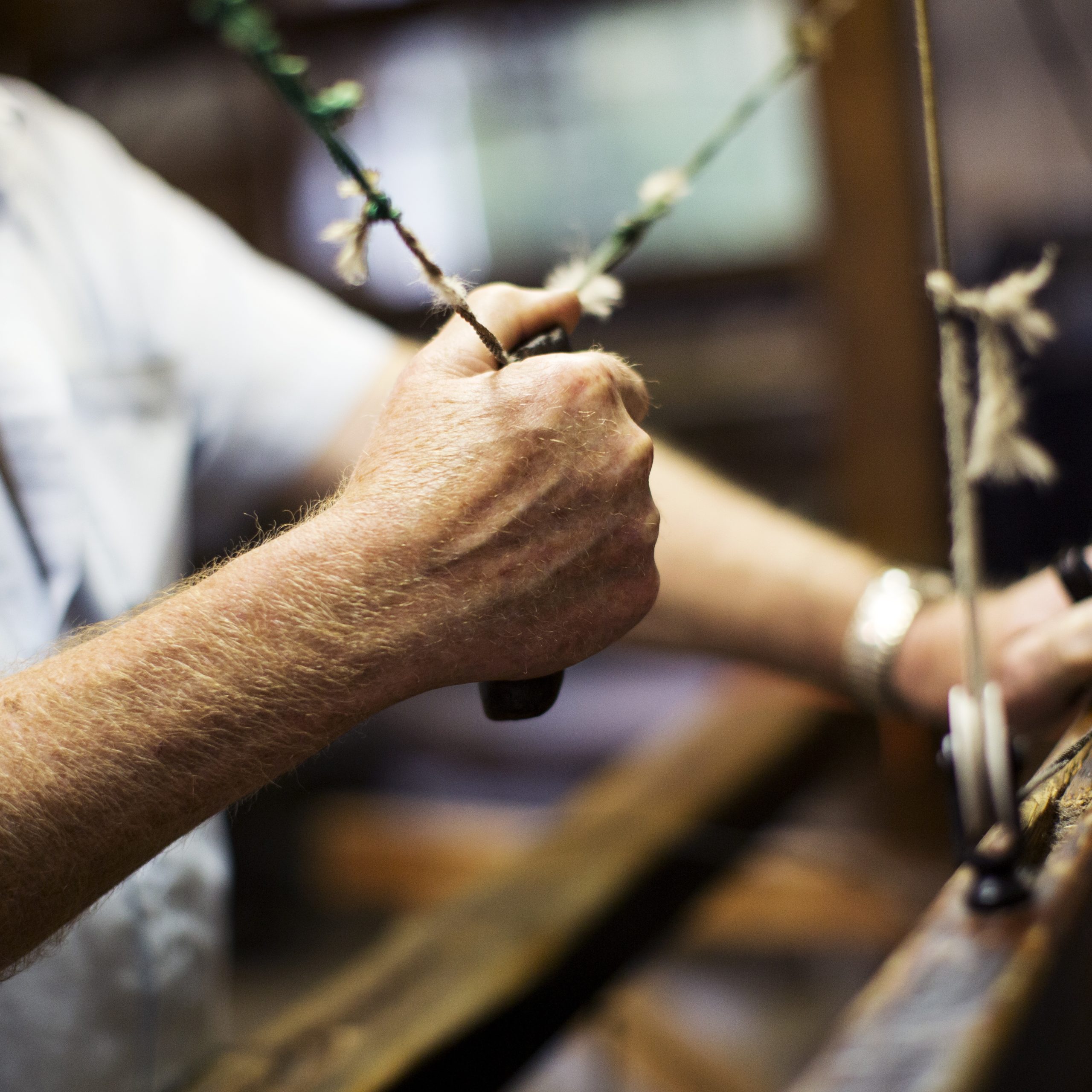
CFA Electives at NCAD 2023-2024

1 Dec 2024
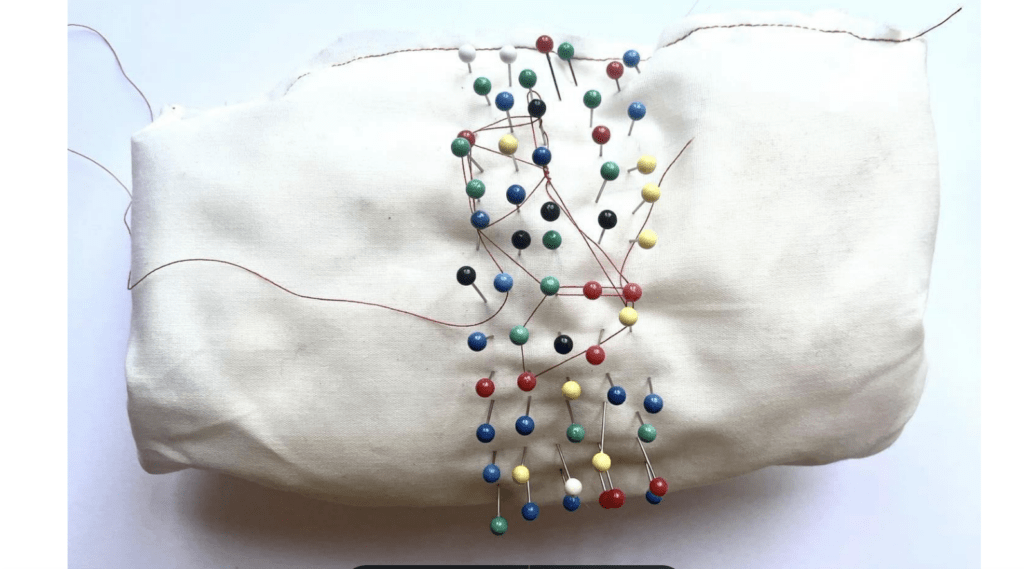


Through CFA, NCAD has revised its Studio+ modules and introduced a suite of new trans-disciplinary Creative Futures electives within the BA Studio+ provision. The electives are designed for blended and/or online delivery to enhance existing on-campus learning. Alongside this, we have introduced enhanced Creative Internship modules to enable full and part time internships within the creative arts and industries, and new modules that facilitate collaboration with social and industry partners on live projects. A selection of electives that are currently happening in NCAD are below.
Please note: These electives are only open to current NCAD students.
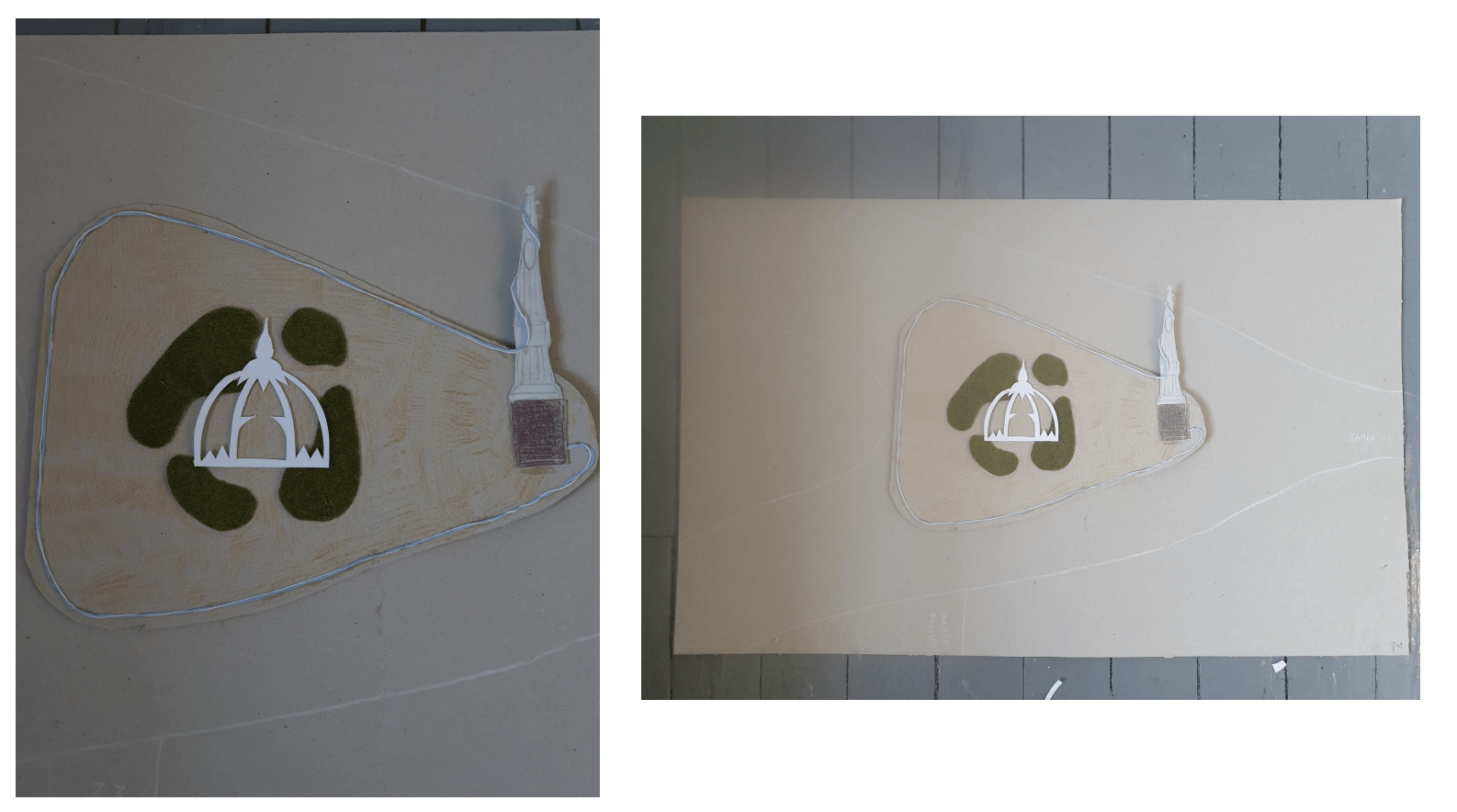
In this elective students will examine implications of technological assimilation of text and strategies of adapting language to reflect contemporary cultural landscapes with its inherent emphasis on speed and brevity. The course will look to methods of utilizing fragmented narratives appropriated from literary sources as a format. Content will include an exploration of Ekphrasticism – the interchange between the visual and written. Topics will include discussion of album and book covers, the relevance of memes, emojis, blended-form short stories, advertising logos, fragments of scientific text etc. A new formatting of artist’s or designer’s statements and pivotal texts which reflect a visual medium will be central to the course.
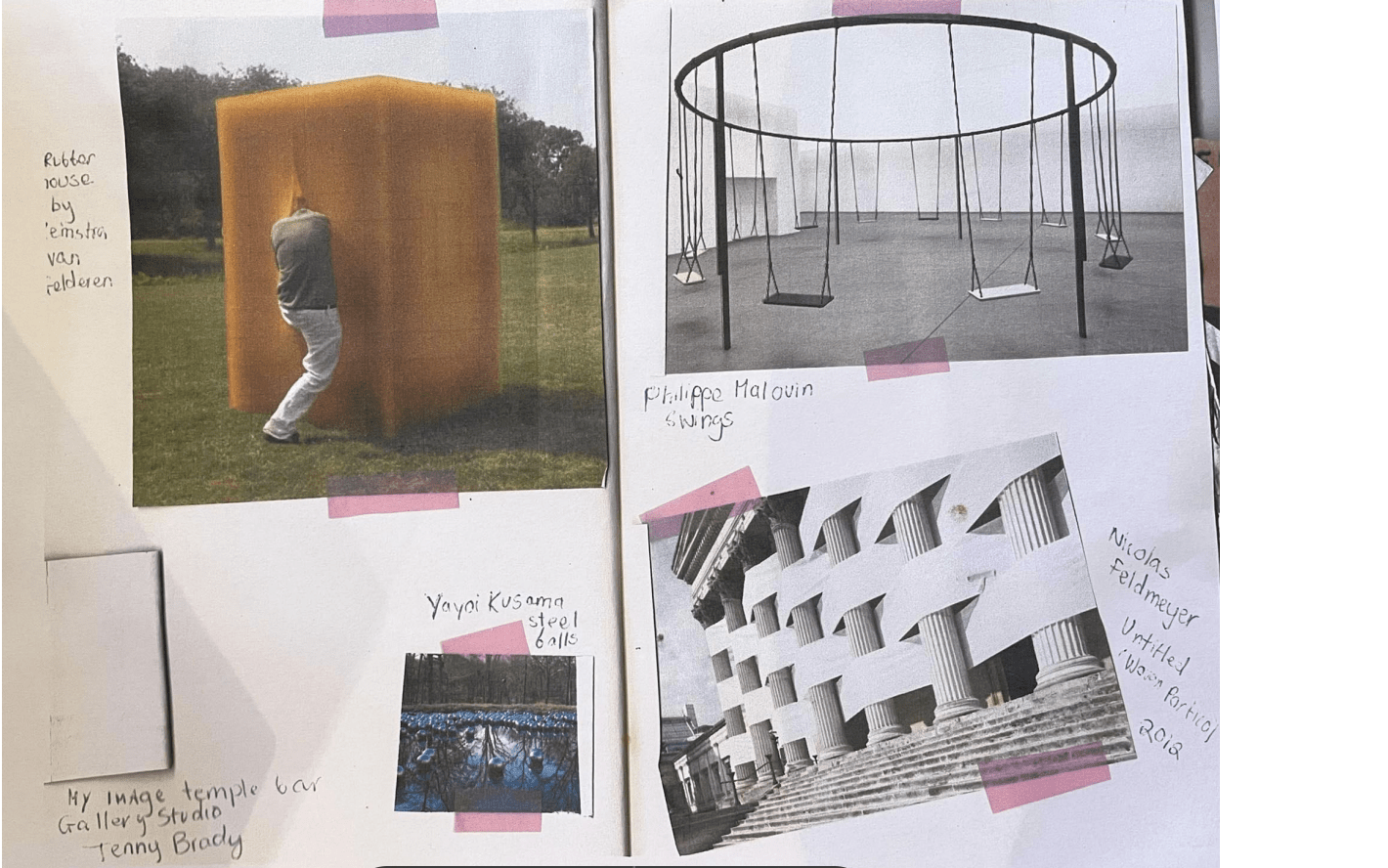
In this elective students will create individual and collective creative tools that connect with our surrounding seas. They will be introduced to and creatively reflect on: the Anthropocene, micro/macro scales of time, island coastal edges, participatory and adversarial art and design practices that explore the issues, current policy and connections to our sea looking from our collective ‘line of sight’ as islanders. Along with individual creative activities, we will work on active strategies of community collaboration to produce a ‘map’ that benchmarks the present day real time situation in relation to rising seas and poses questions for the future. This will actively and practically contribute to Fair Seas on-going campaign to protect our seas for the next generation.
Image: Mollie Donegan
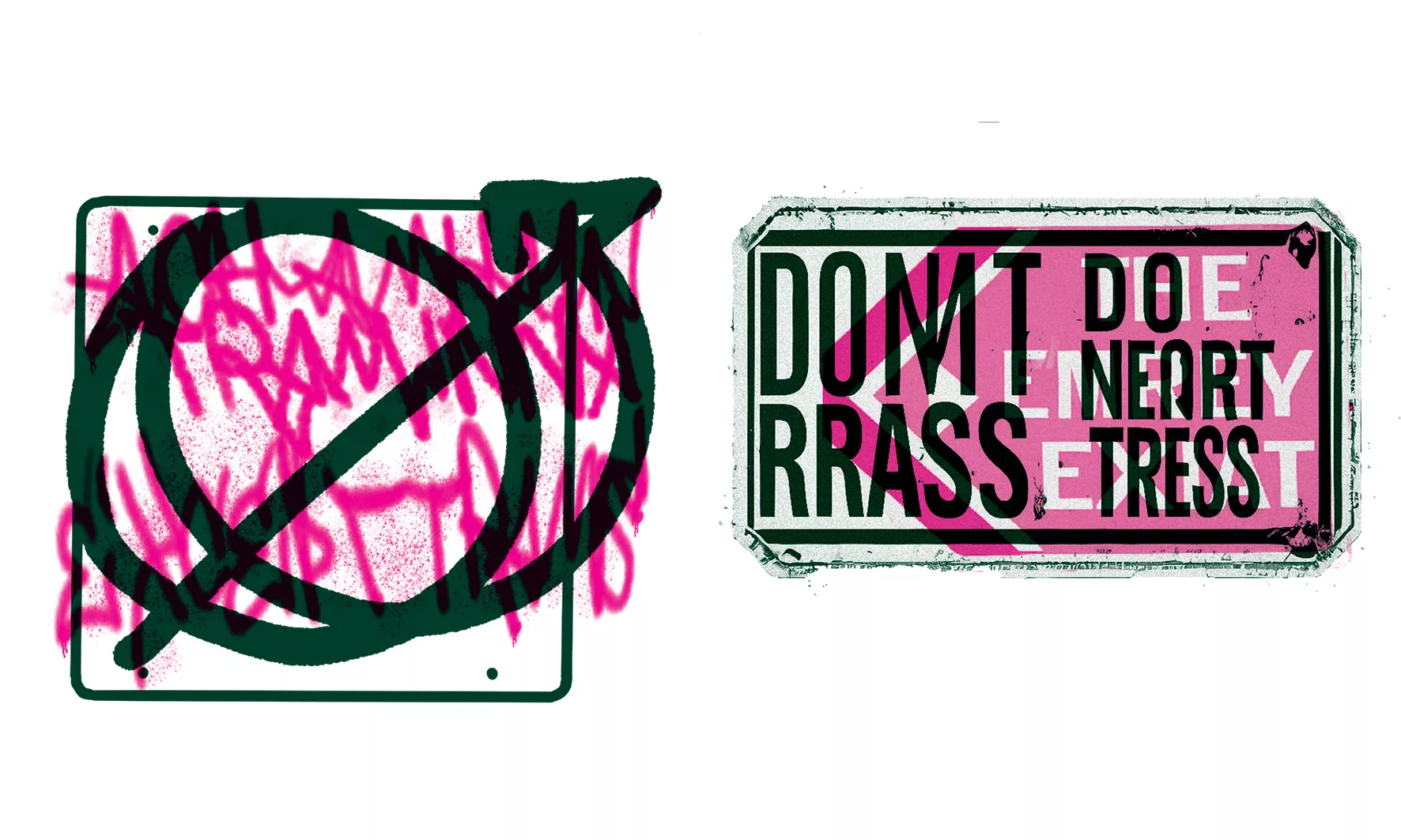
Language has a visible and physical presence in the world we inhabit: official signs tell us when we’ve crossed borders, shopfronts and graffiti tell us when we’ve crossed districts. In a contemporary city we might find ourselves surrounded by languages we don’t understand, or walls saturated in graffitied lettering that we cannot read. This elective will investigate how history, politics and identity manifest as visual language in our environment. We will pick a location to research, and draw on sociolinguistic and semiotic theory to inform creative responses to our findings. As a group, we will then create a document as a record of our research and experimentation.
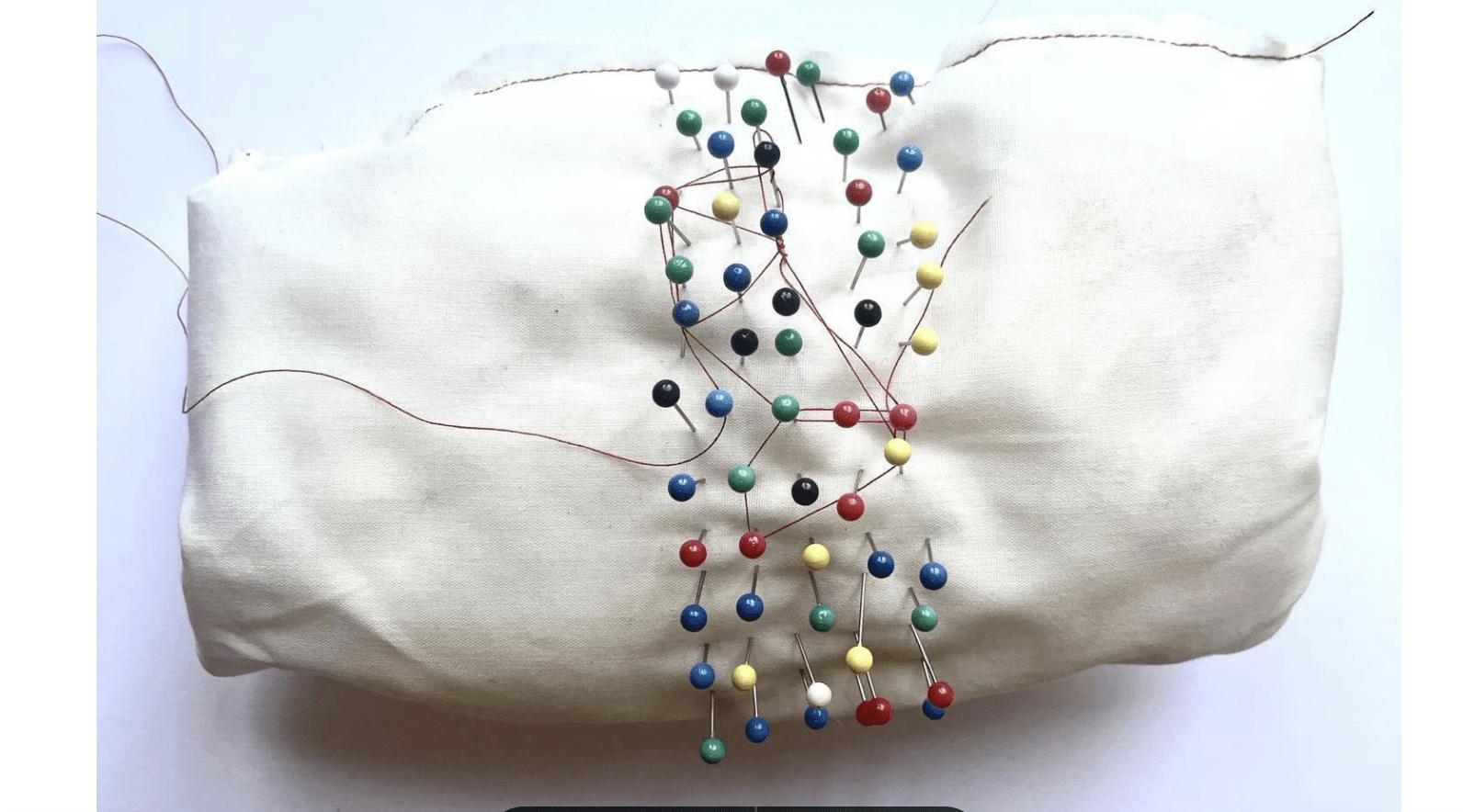
How Might I Reimagine My Practice through Circular Principles?
The current modus operandi of creative industries is a linear one, largely following a ‘take-make-use-waste’ model. It is crucial that we as artists & designers radically reimagine our practices to be more circular, whereby work is made sustainably, used longer and then re-used or recycled at end-of-use. This Circular by Design (CbD) elective will equip students with the knowledge base and practical, adaptable skills required to apply circular principles & strategies to their design and art production and processes.
Image: Mollie Donegan
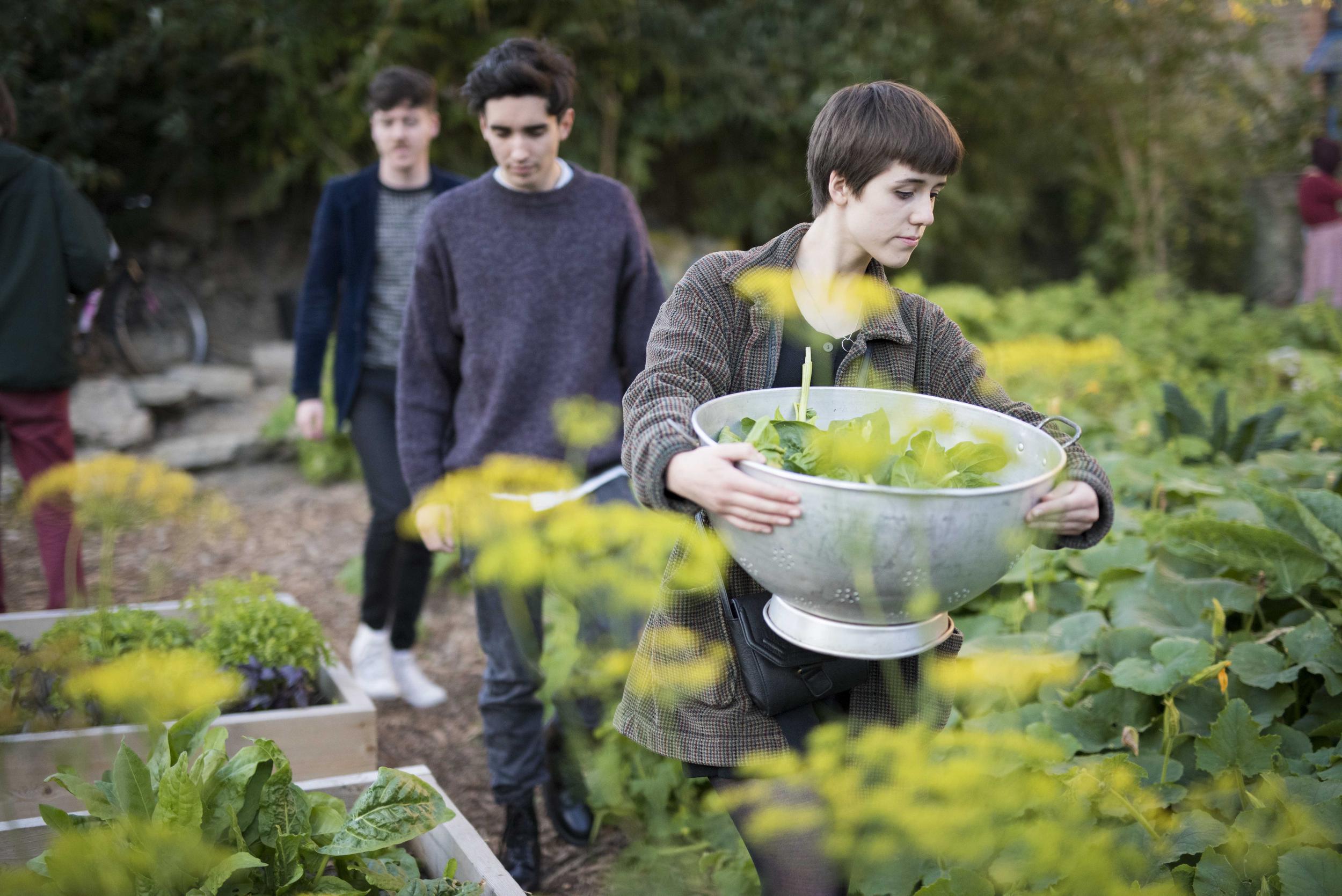
Students will learn to create shared experiences, welcome others into our work and cause connections to form moments that bring richness, colour and poetry to our lives. They will look at the culture, philosophy and infrastructure of hospitality and at ways of using elements such as food, shelter, storytelling as our tools in a nurturing and supportive atmosphere.
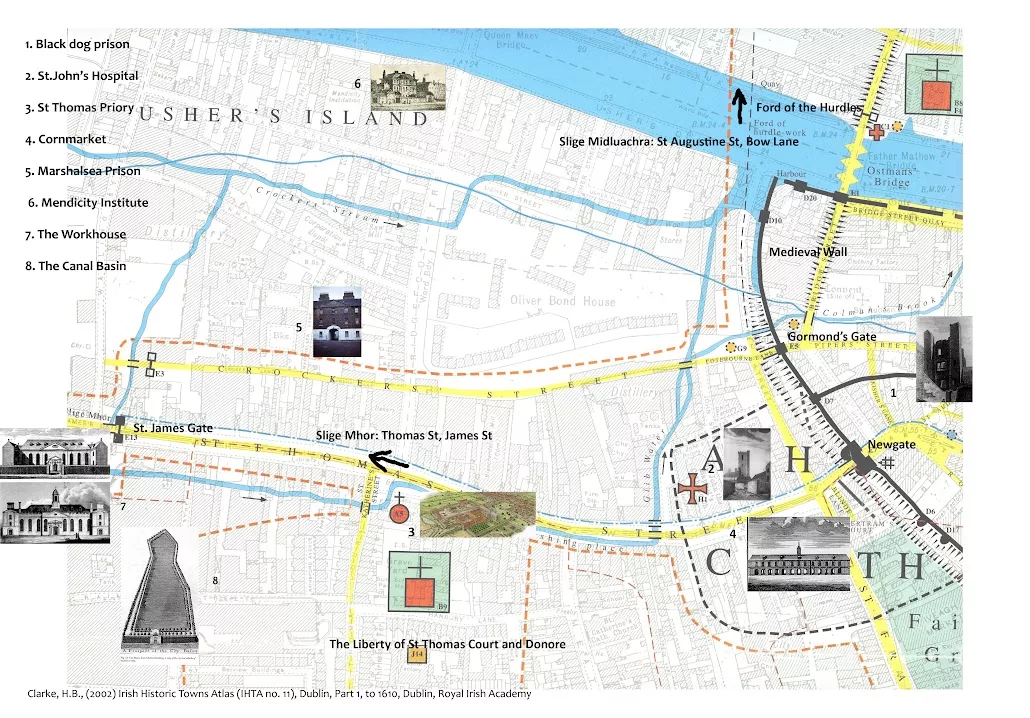
This elective project is sited in the area around NCAD, Thomas Street Dublin 8. Students will be asked to make an intervention in this area of the City to create ‘lungs’, or ‘spaces to breathe’ into the urban fabric. The space to breathe may be seen as a disruption to or change in the city fabric, and students are free to interpret this as they see fit. The breathing space constitutes a break in space and/or time. It may be a design for a green/other space in which to literally breathe, or it may be a performance or time-constrained piece which allows the city to pause, to be disrupted or to question.